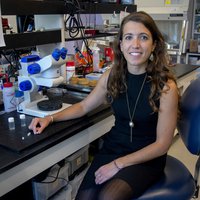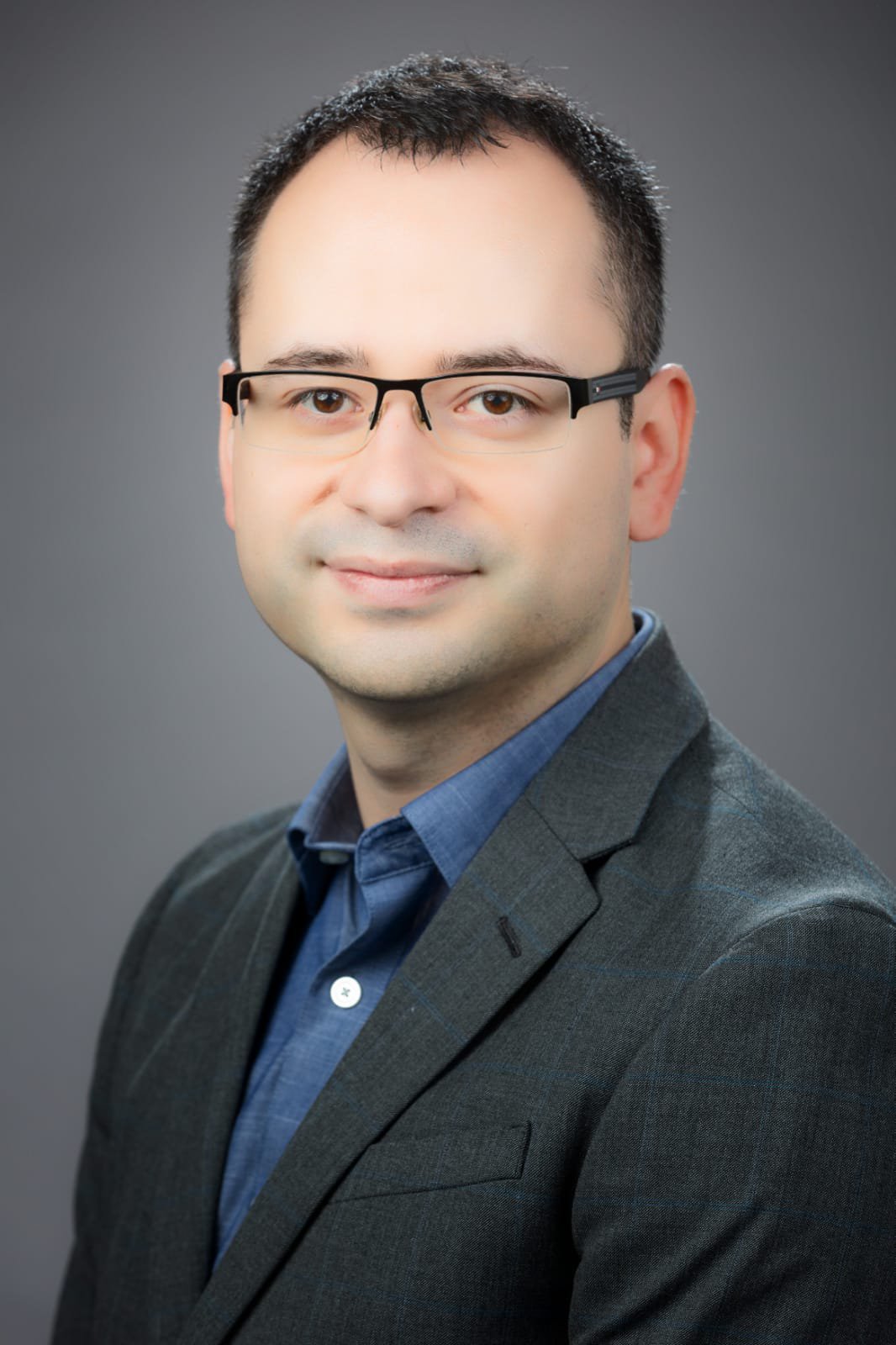Biotechnology & medicine
Eduardo Cisternas
His computer programs are free, helping the democratization of access to science and technology programs

Asia Pacific
Cathy N.P. Lui
Autologous neural stem cell harvest for an ultimate and novel cure of neurological diseases

Europe
Ester Caffarel Salvador
Her innovative oral insulin pill may eliminate needles used to treat diabetes

MENA
Shaikha Alothman
Created a system that improves the healthcare of the growing global elderly population, which is one of the biggest 21st century challenges

Global
Silvia Caballero
Training helpful bacteria to fight the world’s most dangerous pathogens
